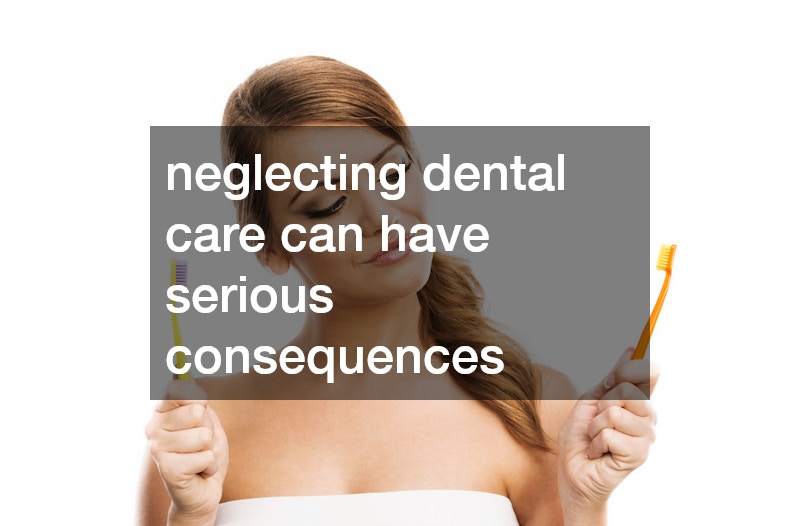The saying “health is wealth” rings true, and oral health is an integral part of this equation. While many people associate dental health with a bright smile, it goes far beyond aesthetics. Our oral cavity is a gateway to our overall well-being, and neglecting dental care can have serious consequences. In this article, we delve into the intricate connection between dental health and systemic health, exploring how oral hygiene impacts various aspects of our lives.
The Oral-Systemic Connection
The mouth is a breeding ground for bacteria, and poor oral hygiene can lead to the proliferation of harmful bacteria.
These bacteria can enter the bloodstream and travel to other parts of the body, causing infections and inflammation. Studies have linked poor oral health to a range of systemic health issues, including:
- Heart Disease: Bacterial infections in the mouth can contribute to the development of heart disease. The bacteria can enter the bloodstream and form plaque on the walls of blood vessels, leading to inflammation and, ultimately, heart disease.
- Diabetes: People with diabetes are more susceptible to gum disease, a serious infection that affects the gums and bones supporting the teeth. Diabetes can weaken the immune system if not controlled properly, making it difficult to fight off infection.
- Respiratory Infections: Bacteria from the mouth can travel to the lungs, causing respiratory infections like pneumonia.
- Pregnancy Complications: Gum disease during pregnancy has been linked to premature birth and low birth weight.
The Role of the Dentist
Regular dental check-ups are essential for maintaining optimal oral health. A dentist can identify and treat dental problems early on, preventing them from worsening. During a dental check-up, the dentist will:
- Examine your teeth and gums for signs of decay, gum disease, and oral cancer.
- Clean your teeth to remove plaque and tartar buildup.
- Provide professional teeth cleaning to help prevent gum disease.
- Offer advice on proper oral hygiene practices.
Tips for Maintaining Optimal Oral Health
- Brush Your Teeth Twice a Day: Brushing your teeth twice daily can help remove plaque and bacteria.
- Floss Daily: Use floss to remove food particles from your teeth.
- Use Mouthwash: Mouthwash can help kill bacteria and freshen your breath.
- Limit Sugary Foods and Drinks: Excessive sugar consumption can lead to tooth decay.
- Visit Your Dentist Regularly: Schedule regular dental check-ups and cleanings.
Beyond the Basics: Advanced Dental Care
In addition to regular check-ups and cleanings, dentists offer a range of advanced treatments to improve oral health and aesthetics:
- Cosmetic Dentistry: Enhance your smile with procedures like teeth whitening, veneers, and dental implants.
- Restorative Dentistry: Repair damaged teeth with fillings, crowns, and bridges.
- Orthodontics: Correct misaligned teeth with braces or clear aligners.
- Oral Surgery: Address complex dental issues, such as wisdom tooth removal and dental implants.
The Psychological Impact of Oral Health
Oral health can significantly impact our psychological well-being. A healthy, attractive smile can boost self-confidence and improve social interactions. Conversely, dental problems like tooth decay, gum disease, and missing teeth can lead to feelings of embarrassment, self-consciousness, and low self-esteem.
The Importance of Pediatric Dentistry
Pediatric dentistry focuses on the oral health of children. Regular dental check-ups for children can help prevent cavities, gum disease, and other dental problems. Early dental care can also help children develop healthy oral hygiene habits that will last a lifetime.
The Role of Diet in Oral Health
A healthy diet plays a crucial role in maintaining good oral health. Foods rich in vitamins and minerals, such as fruits, vegetables, and dairy products, can strengthen teeth and gums. Limit your intake of sugary foods and drinks, as they can contribute to tooth decay.
The Impact of Lifestyle Factors on Oral Health
Certain lifestyle factors can negatively impact oral health. Smoking and excessive alcohol consumption can increase the risk of gum disease, oral cancer, and other health problems. It’s important to avoid these harmful habits and adopt a healthy lifestyle.
Seeking Professional Dental Care
If you experience any dental pain, sensitivity, or other oral health concerns, it’s important to seek professional dental care. A qualified dentist can diagnose and treat your dental problems, ensuring optimal oral health.
Additional Tips for Maintaining Oral Health:
- Choose the right toothbrush: A soft-bristled toothbrush is best for gentle cleaning.
- Use fluoride toothpaste: Fluoride helps strengthen tooth enamel.
- Avoid biting hard objects: This can damage your teeth.
- Consider a mouthguard if you grind your teeth: Grinding your teeth can wear down enamel and cause jaw pain.
- Stay hydrated: Drinking plenty of water helps keep your mouth moist and prevents dry mouth.
By prioritizing oral health, we can improve our overall well-being and quality of life. Regular dental check-ups, good oral hygiene practices, and a healthy lifestyle are essential for maintaining a beautiful and healthy smile. Remember, your oral health is connected to your overall health, so take care of your teeth and gums.







